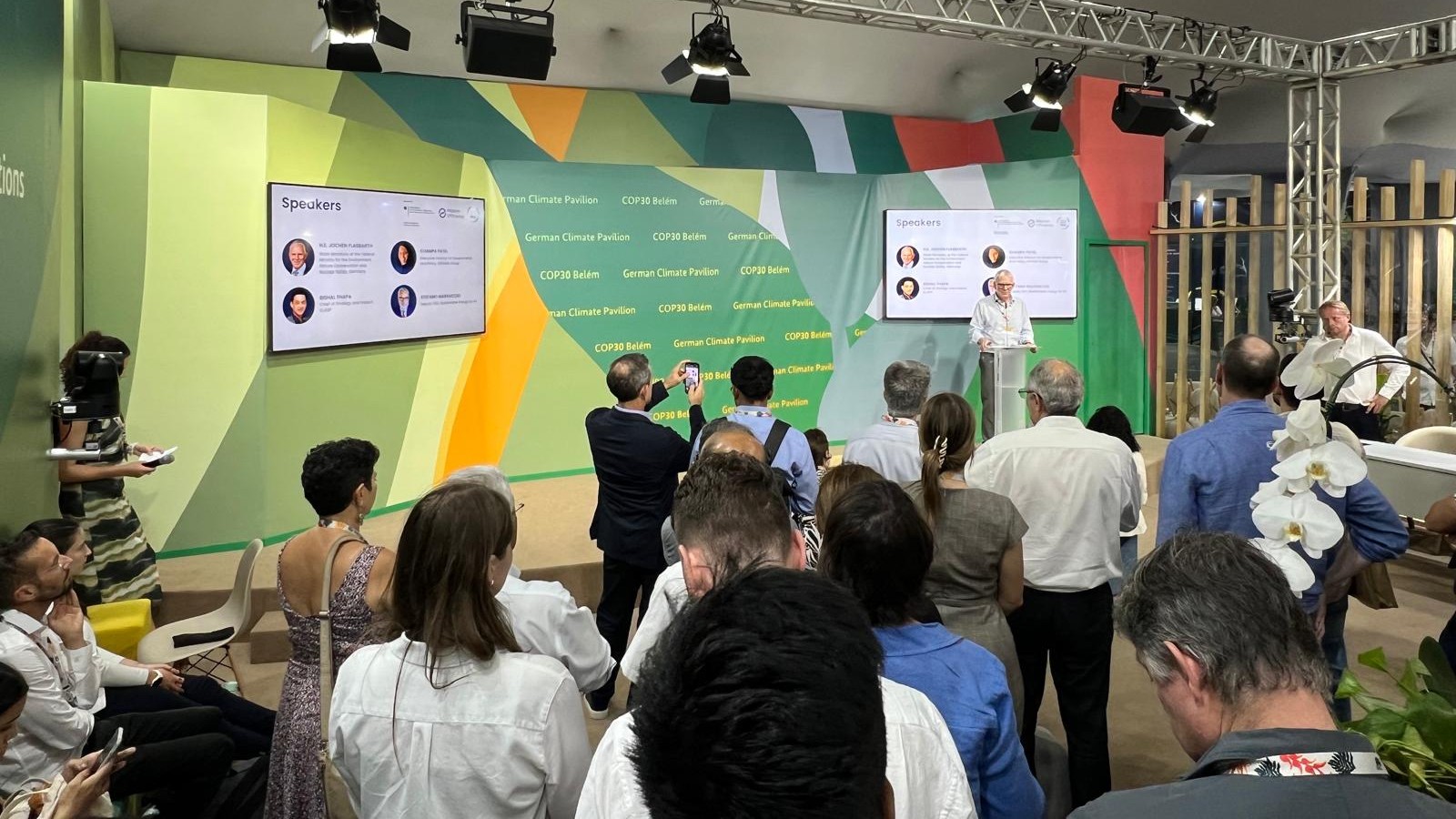Energy efficiency is the backbone of the energy transition and a cornerstone of global decarbonization efforts. It can deliver nearly half of the emission reductions needed by 2030 to align the energy sector with the 1.5°C goal – while also boosting economic growth, competitiveness, energy security, affordability, access, health, and overall living standards. Even more compellingly, energy efficiency measures cost roughly 50% less per unit of energy saved than investments in new power generation or grid expansion.
However, progress has recently slowed: global energy efficiency improvement fell from 2% to just 1% per year since 2023, far short of the targeted 4%. According to IRENA, annual improvements of around 5% between 2025 and 2030 will be required to stay on track for 2030 targets.
This high-level networking event, organized by Mission Efficiency and hosted by the German government, brought together leaders from government, finance, development, philanthropy, civil society, and the private sector to accelerate global action on energy efficiency – the world’s “first fuel.”
Mission Efficiency is a global energy efficiency ecosystem driving the transition toward energy-efficient economies by elevating political and public commitment, supporting progress through policy and technical action, and mobilizing investment to deliver measurable impact across countries and sectors.
The event highlighted the central role of energy efficiency in achieving the energy transition and decarbonization goals, promote partnerships and dialogue across key actors, and advance concrete solutions and commitments to help double the global rate of energy efficiency improvement by 2030.
DETAILS

